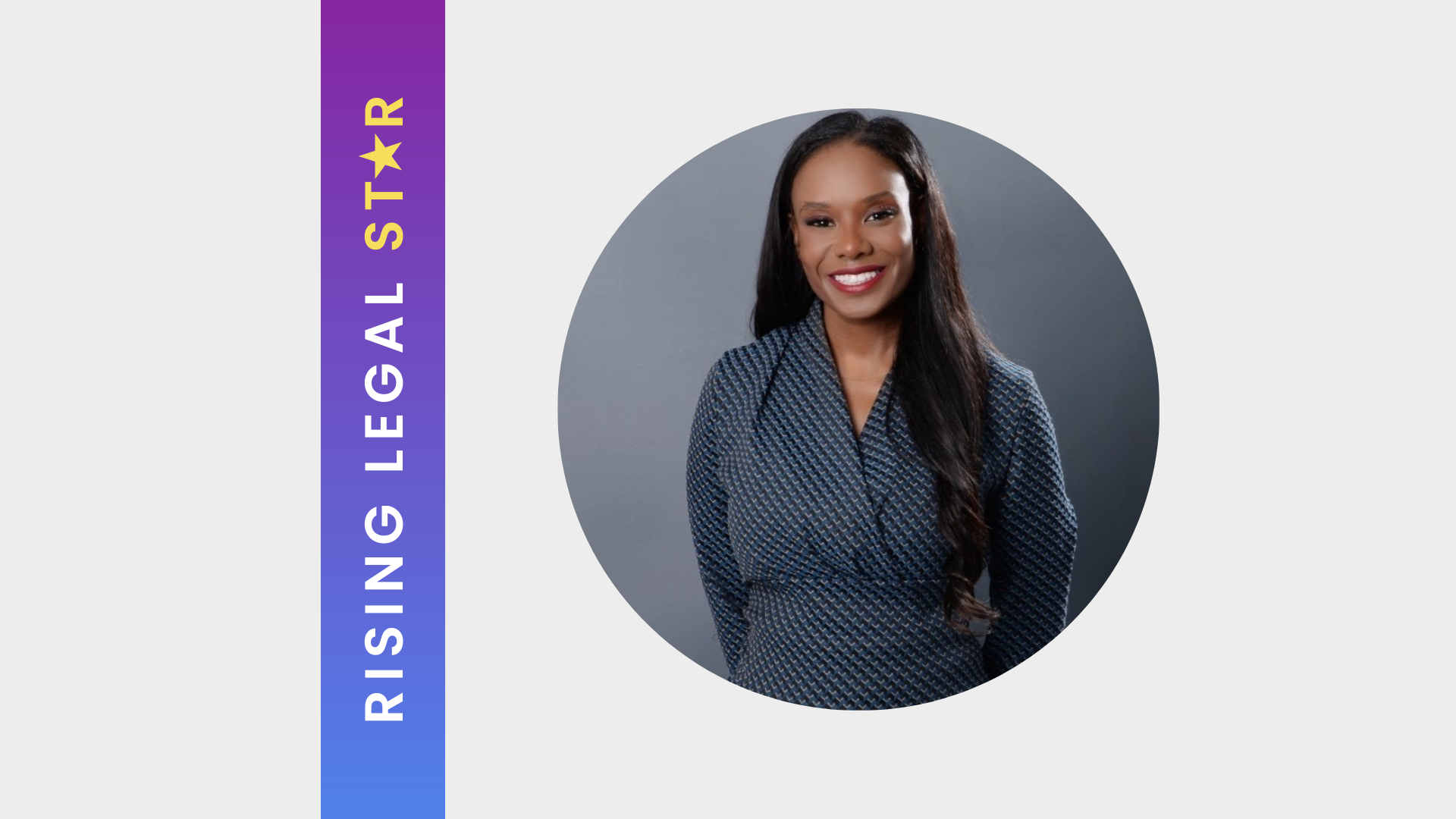The realities of moving and working in the Caribbean
Colm, tell us a bit about your career to date.
I have an untraditional background in that I trained in very general practice with a little bit of everything from litigation to wills and probate. Following qualification, I joined KPMG’s regulatory advisory services practice and spent two and a half years there. Then I moved in-house as legal counsel for a fund administrator for a year, before three and a half years as a specialist regulatory practitioner for a large law firm in Dublin. Finally, I came to the Cayman Islands in July last year.
Moving abroad for work isn’t a decision to be taken lightly! Why did you decide to make the move offshore?
There were a number of factors that made it attractive to me at this point in my career. My personal circumstances meant that it was less difficult for me to move, given that I am just getting married and don't have any kids yet. Also, the regulatory regime here is very new, so there was an interesting opportunity to be involved in shaping the regulatory landscape for an offshore jurisdiction. I had visited the Cayman Islands before, so I knew what the lifestyle had to offer – year-round sunshine, ease of living, a short commute to work in the car. The weather means I am a member of a gym entirely based outdoors; there is a good social scene involving expats and local people alike; and lots of excellent choices for restaurants, nightlife and bars!
How did you find the transition?
My practice area meant the transition was easier: anti-money laundering is an international concept and the controls and systems are quite international in practice. There is a learning curve in terms of getting up to speed with specific legislative references, but you're not conceptually moving from a civil law jurisdiction into a common law jurisdiction. From an Irish context, much of the precedents for our laws come ultimately from the roots of the laws of England and Wales, so that has been interesting to see in practice, given that the Cayman Islands is a fully blown British Overseas Territory. The main learning curve has been more about how business is done, with clients being very much concentrated in the United States, but overall, the transition has been very manageable in terms of getting up to speed.
What is it like living in the Cayman Islands?
The Cayman Islands are a really easy place to live. You can drive across the island in under an hour, and the different neighbourhoods on the island make it feel much bigger and offer very differing experiences, almost like visiting the seaside from living in a City. The beaches here are phenomenal and you can swim or exercise before or after work, such is the minimal commuting time. In terms of shopping, availability is comparable to a large town in the UK, but as everything is of course imported, certain things, such as food or particular brands, can be expensive. Eating out is a comparable price to a European city, but it’s all outweighed by no exposure to any other taxation. It would be quite difficult to get around if you didn’t have a car, but there are frequent minibus taxis in lieu of any mass transit system.
What are the other pros of working and living in the Cayman Islands?
It’s all wrapped up into a lifestyle context. The availability of services in the Georgetown area where I am is way better than where I grew up in a regional town in Ireland. It also only takes 10 minutes to get to the airport, which is well linked to Miami for onward flights. There is a direct flight back to London, so I can get home to Ireland in less than 24 hours should the need arise. The people here are very friendly, warm and welcoming, but it’s the ability just to go to the beach and not worry about the weather that is the major thrill for me. Even if it does rain - I arrived during the rainy season - two hours later it all dries up and its business as usual, with the palm trees fluttering in a light breeze and a blue sky!
Is there anything that you have found challenging about the move?
One of my parents was ill recently and the time zone and distance definitely became a factor. My fiancée also had to stay back home while we waited for her work permit. But all that is helped by technology such as Skype, video conferences and WhatsApp so that it feels a lot closer. As for the concerns that some people might have around the type of work they might be doing or the environment that you're working in, the best thing to do is get in touch with someone who knows the jurisdiction well and speak to them, maybe even plan a visit to allay many of those fears. I would strongly recommend that if it were something that you thought you might like to pursue.
Could you tell us about the process behind moving offshore?
Once I’d found a role of interest, there was an initial interview via a straightforward teleconference. I was in a position where I could accept an offer should one come, so committing before the first interview that this is a live possibility is certainly advisable and appears to be a key factor in whether or not you are a suitable candidate. The team at Hydrogen gave me a lot of advice on who I was going to be speaking to, as well as the working environment I could expect.
The post-offer period is probably the most different in that you have to apply for a work permit and then wait for the results before you hand in your notice, which can take some time. After that, you resign and serve your notice period and then go through an induction process with your new job, in the same way you would anywhere else. Physically moving here was seamless – the moving team from my firm were excellent, providing me with temporary accommodation and advice on setting up bank accounts etc. I didn’t ship any large items because places can come furnished, but I’ve done a few trips to the United States to buy other bits and pieces. All quite straightforward!
If you’d like to hear the full interview with Colm, and find other stories from people who have moved offshore, you can watch our latest webinar: Making the move Offshore >>

More about Colm Dawson
Colm joined Walkers' Cayman Islands office in 2018, where he is an Associate in the Regulatory group. Colm and the Regulatory & Risk Advisory group regularly act for major investment banks, investment managers and other service providers, insurers and others, advising on a comprehensive range of regulatory matters.













